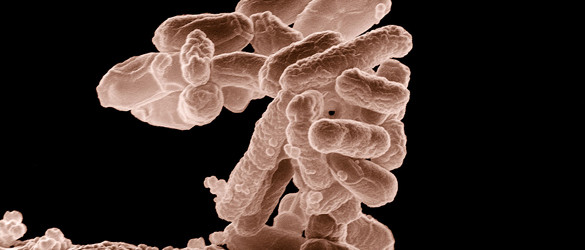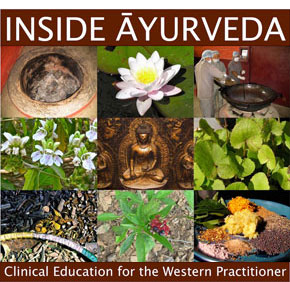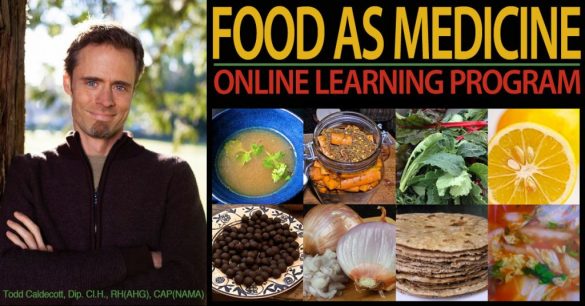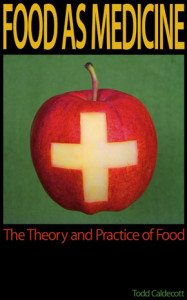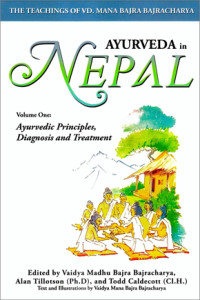In a paper published by the University of North Carolina the authors suggest that the balance of healthy versus pathogenic bacteria in our gut is an important element in the development of colon cancer. This is only the latest in a continual stream of research over the past decade showing the importance of a healthy gut flora. But the benefit doesn’t extend to just the bowel. A quick survey on the database of the National Institute of Medicine will quickly show that these probiotic organisms are not only good for the gut, but are equally important in the proper health of the immune and nervous systems.
For me this is only the tip of the iceberg in what will eventually be a melting flood of science demonstrating that the key role to our survival as a species is to work with the natural world, rather than oppose it. This means that the notion that we are somehow separate or different from the environment will be seen for the elaborate charade that it is. Suddenly everything that we understand to be fundamentally at odds with a truly sustainable path to co-existence with all the world’s species will be overturned. With innumerably more bacterial cells in and on our bodies than human cells, with more viral DNA particles in our genome than what we might call our “own”, science shows us, as the Buddha stated, that we have no independent existence – we are all one. The time of the Great Enlightenment is upon us.
But am I too optismistic? What is the real intent and impact behind this kind of science? Will we gain an enlightened resolve for our collective future, or will it spawn yet another generation of probiotic supplements and products, all packaged in PET containers and decorated with synthetic dyes that litter our oceans, blacken our air and pollute our lands? Is this kind of market-orientated approach to address what is really an issue of ecological sustanibility within the gut, itself sustainable?
Even now many of you, no doubt, take probiotic supplements, or eat probiotic supplemented food such as the many dairy-based products that populate the dairy containers in your local supermarket (none of which btw contains a single unprocessed ingredient, e.g. modified milk ingredients, modified starch, sugar etc). Few consumers realize that commerical-source probiotics are vastly different from real probiotic foods, the former are grown on a mass industrial scale on substrates such as thallous acetate-tetrazolium glucose agar, then extracted and/or freeze-dried, bound with pharmaceutical excipients, and then microencapsulated, enteric coated and pH buffered all to meet market demand. Companies loudly proclaim the benefits of their products, emphasizing the advantages of their unique strains and delivery systems, and largely fueled by the merry-go-round of their own hype, the probiotic industry is projected to become worth $1.7 billion by 2013. The actual evidence for the efficacy of these products however, is often lacking. Although some products will guarantee a certain number of organisms per dose, most often this number undergoes rapid decline as soon as it leaves the manufacturing facility. Private in-house research I’ve seen suggests that these products may contains as little as 10% of the organisms stated on the label by the time it hits the shelves, let alone once you get it home and in the fridge.
Clearly I am not down on probiotic foods, even if I am skeptical of commercial products. In particular, I am intrigued as a clinician with an idea I will call “medicinal permaculture”, which like this practice of farming, refers to a kind of medicine that works with the body, with the environment, to restore and maintain good health. The health of the digestive tract has long been considered to be a vital component of general health in every system of traditional medicine, and much of this is a reflection of a healthy gut ecology. In Ayurveda, many of the foods that are used to restore GI health, whether in diarrhea or constipation, are naturally rich in probiotics. Khadi is an example of an Indian dish made from real buttermilk, churned from real soured cream, mixed with stir-fried herbs such as Hing and curry leaf that is an excellent restorative for the GI tract. Another example is kanji, or fermented boiled rice. In my practice I frequently recommend naturally fermented foods, such as homemade sauerkraut and pickles; for many people that have chronic GI disorders, I see an almost immediate improvement in their symptoms, all for pennies a day.
So the next time you see the research hailing the latest benefits of probiotics, rather than pause at the supplement counter trying to figure out which products to take, pluck out a homemade pickle and remember that doing your body good can be as simple as walking hand in hand with the wild bacteria.
